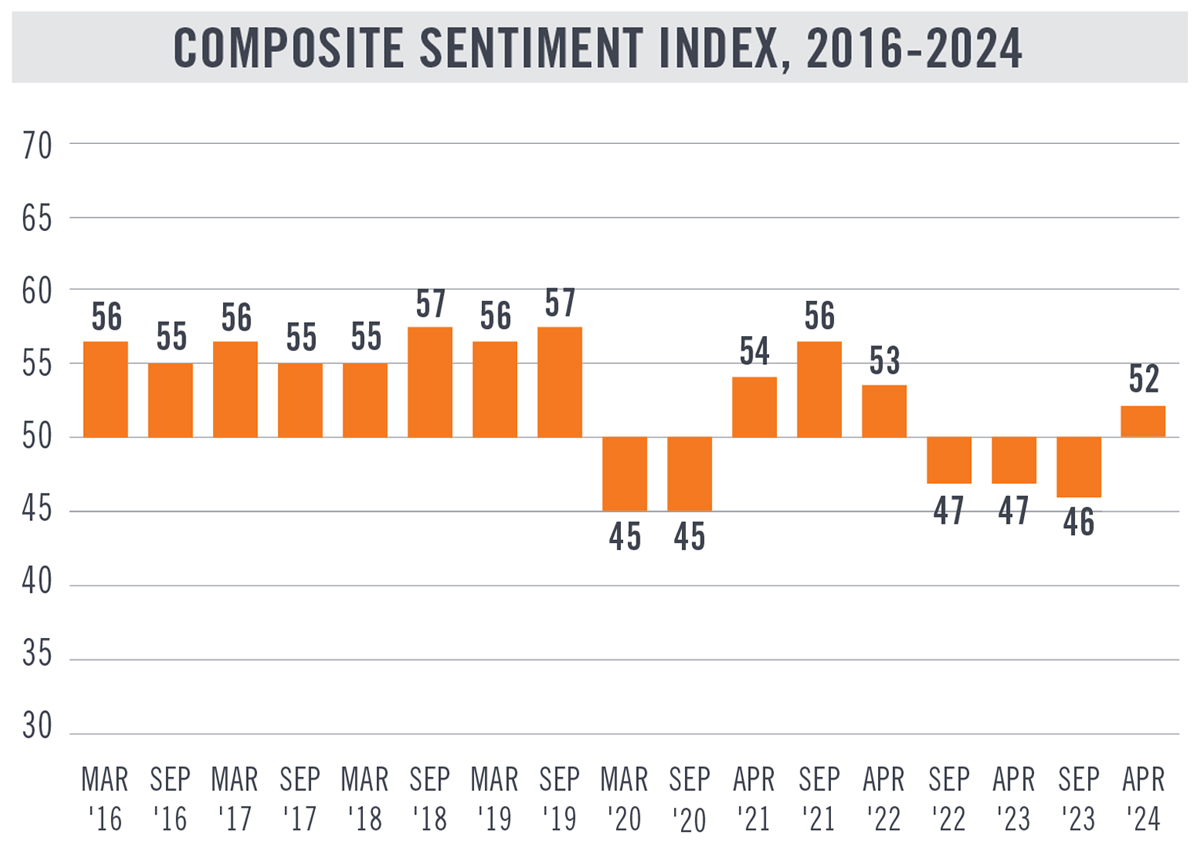Morgan Stanley Gives $110M Boost to Hard-Hit Affordable Housing Market
Morgan Stanley has given a $110M boost to Chicago-based Low Income Tax Credit syndicator National Equity Funds Inc. in order to inject necessary funding into low-income multifamily projects across the nation.
January 27, 2010
By Barbra Murray, Contributing Editor
While frozen credit markets and economic near-collapse all but tied the hands of most regular contributors to the affordable housing pool, Morgan Stanley has jumped into the fray with a $110 million partnership. The New York City-based global financial services firm has joined forces with Chicago-based Low Income Tax Credit syndicator National Equity Fund Inc. to inject much-needed financing into low-income multifamily projects nationwide.
Morgan Stanley’s investment is well timed. “The LIHTC market was severely contracted–about half as much equity was flowing into the market last year than it had been in previous years because of economic conditions,” Colleen Mulcahy, NEF vice president of communications, told CPE. “Morgan Stanley’s commitment comes at a time when an awful lot of communities have been starved for equity to finance low-income housing.”
Analysts underscored Mulcahy’s point in a recent report on the LIHTC market by the Board of Governors of the Federal Reserve System, stating: “Given the adverse impact of the current economic conditions on homeownership, the development of rental housing is becoming increasingly important, not only to provide homes for families, but also to help stabilize neighborhoods.”
With the capitalization of a $50 million LIHTC investment fund and the contribution of an additional $60 million for other NEF housing fund projects, Morgan Stanley will impact 3,300 residential units not only for low-income families, but for seniors and special needs residents as well. The projects will also bring 6,500 new jobs to their home communities.
Additionally, the offering will help leverage federal spending dollars allotted for affordable housing via the American Recovery and Reinvestment Act of 2009’s nearly $2.3 billion Tax Credit Assistance Plan and the Tax Credit Exchange Program.






